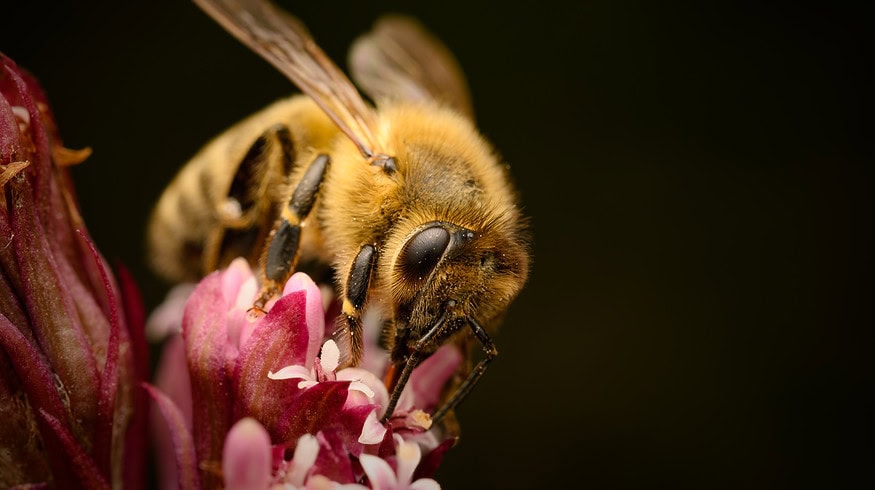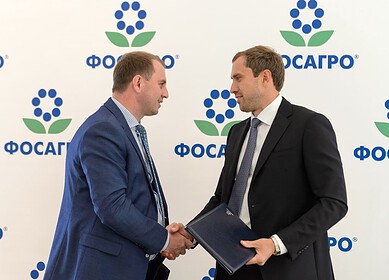UK government criticized for ’emergency authorization’ of bee-killing pesticide

Environmental groups in the UK have issued a scathing rebuke of the government after it decided to permit the use of thiamethoxam on sugar beet for a fourth consecutive year.
The farming minister, Mark Spencer, on Thursday granted an ‘emergency authorization’ that allows the application of the controversial neonicotinoid to crops in England.
The government stated that the move, which was welcomed by British Sugar, is necessary to prevent aphids from spreading the beet yellows virus, which can reduce farmers’ yields by up to 50%.
However, the decision paid little heed to the advice of the UK Expert Committee on Pesticides, which said earlier in the month that the harm thiamethoxam causes to pollinators outweighs any potential benefits that might be derived from its use.
According to one British biologist, the pesticide – which was largely banned in the UK and the EU in 2018 – is so potent that one teaspoon’s worth could kill 1.25 billion bees.
Compounding these concerns, researchers last year detected neonicotinoids in more than 10% of England’s rivers – meaning that, five years after their prohibition, they were still persisting in the environment.
The UK government’s decision coincided with the Office for Environmental Protection’s publishing of a report which found that Britain is not doing enough to limit its pesticide use.
Enjoyed this story?
Every Monday, our subscribers get their hands on a digest of the most trending agriculture news. You can join them too!













Discussion0 comments